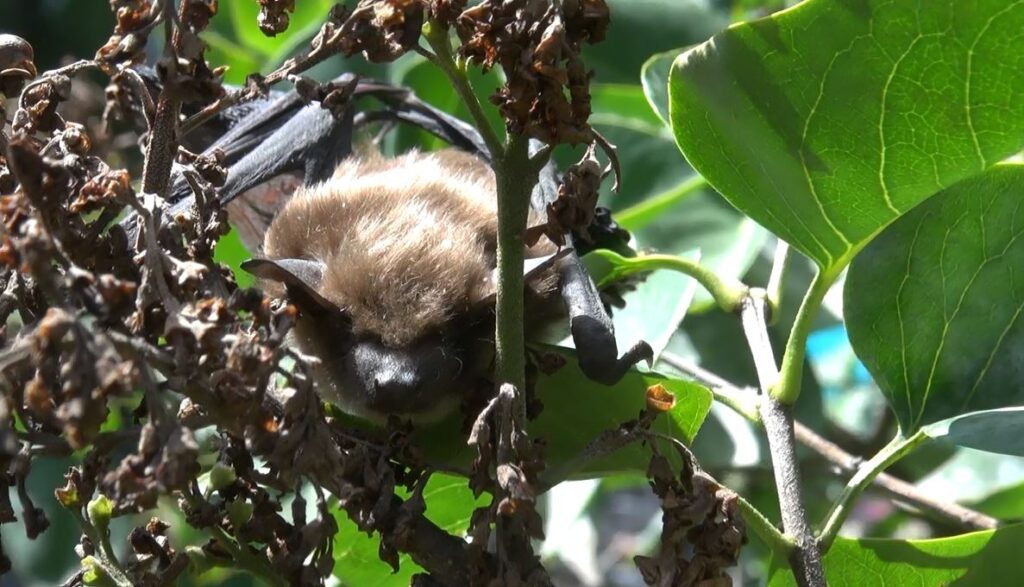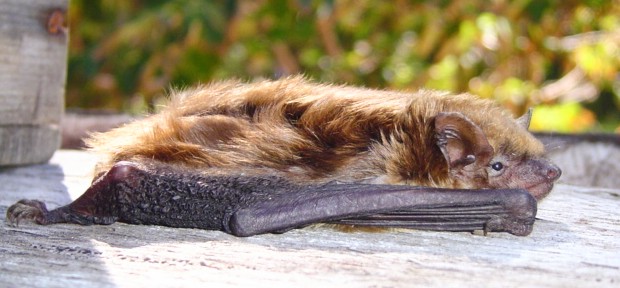Bats are a wonder in the mammal world. These nocturnal creatures are capable of true flight, which is not something any other mammal can brag about. Not that bats boast; they simply go about their lives looking for food, shelter, and mates and hanging out with the gang in roosts in the in-between times.
People often fear bats, an emotion that’s usually rooted in misunderstanding. Many of our bat populations are in trouble. They need our help, and we need them, but this doesn’t mean inviting them to share your house with you. You can take steps to provide bats with an environment where they can thrive while also keeping them safely outside of your home.
Why Should You Lend a Hand to Bats?
Our flying mammal relatives do good things for ecosystems and humans. They are the primary pollinators for bananas, eucalyptus, agave, cacao, mango, saguaro, and guava plants, and they help pollinate other plants, too. The insectivores in North America dine on crop-destroying insects, saving farmers a lot of money they would otherwise have to spend on chemicals or lose in crop failures. Bats also eat mosquitoes, protecting you from countless bites every year.
While several species have adapted well to living in human environments, they face numerous threats, including habitat loss, climate change, and white-nose syndrome. WNS is the most immediate danger for North American bats. This deadly fungal disease is killing off entire populations, and researchers estimate millions have been lost already. Anything people can do to protect bats gives them a fighting chance against the threats they face.

What Can You Do To Help Bats?
You can take steps to provide bats with a healthy and inviting environment, but one that does not exist inside your home.
Construct a Bat House
Bats seek shelter in our attics and chimneys because they provide safety from predators and the elements, and they’re losing their natural shelters. You can give them a place to hang that keeps them out of your home and in their natural environment. Bat houses are designed for individual species, with specifications that meet their temperature, roosting, and mating needs. Make sure you find the right kind for Madison bats and mount them on tall poles well away from your house.
Create a Bat Garden
All bats in Wisconsin are insectivores but planting a garden can still help them. These gardens should contain herbs and plants that night-flying insects love. The insects will be attracted to the garden, and the bats will be drawn to the insects.
Bat-Proof Your Home
You can help bats out by keeping them out of your house. While your home gives them the kind of shelter they seek, it isn’t healthy for you to have them there. Skedaddle Humane Wildlife Control technicians know how to get rid of bats safely and humanely if any enter, but the process still disrupts their bat lives. It’s best for you and the animals if they never gain access.
Spring is a great time for roof, attic, and chimney maintenance, but assessing and working on the roof requires professionals trained in safety for high spaces. Skedaddle technicians have the necessary skills and training to work on your roof safely and perform the maintenance needed to keep the critters out of your home.
Who Can You Call for Help With Bat Control in Madison?
At Skedaddle, we’re all about helping bats, and we’re here to help you, too. We’re here to bat-proof your home. Our professionals are trained in exclusion techniques and can prepare your roof, chimney, and attic for the spring wildlife season. If you have bats residing in your attic, we can take care of that, too. We’ll remove the animals safely, releasing them back into the wild to live out their bat lives, naturally. Contact us today to schedule an appointment for bat control in Madison.



